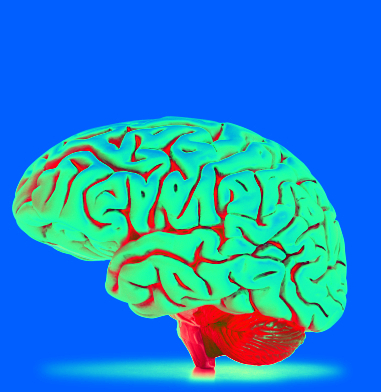ADHD diagnosis effects checked
 Experts say an ADHD diagnosis in childhood may not lead to an improved quality of life for teens.
Experts say an ADHD diagnosis in childhood may not lead to an improved quality of life for teens.
An Australian study examining quality of life in relation to attention-deficit/hyperactivity disorder (ADHD) diagnoses suggests a diagnosis in childhood is currently not associated with improved quality of life for Australian teens.
The researchers say the study should prompt a more cautious approach to diagnosis by clinicians, particularly for children with mild or borderline hyperactive and inattentive behaviours.
New guidelines are creating increased dialogue on ADHD, but more research could inform a robust evidence base for diagnosis, according to Professor Alexandra Barratt, senior author and Professor of Public Health at the University of Sydney.
“It’s important to note that this study isn’t examining the effectiveness of specific interventions, it’s looking at diagnosis in relation to quality of life,” Professor Barratt says.
“This means we can’t determine what support children received, but what it does show is that those who were diagnosed in childhood reported worse measures on sense of belonging at school, confidence in their academic abilities and self-efficacy as well as more negative social behaviours compared to those with similar symptoms who had not been diagnosed.
“They were also more than twice as likely to self-harm.”
The researchers did not examine why the adolescents self-reported in this way, but they suggest possible harms associated with the diagnosis such as stigma, prejudice, deflection from other problems, or the perceived inability to change, may have offset benefits from diagnosis or subsequent interventions.
Interestingly, regardless of whether they had an ADHD diagnosis or not, girls and children with the highest levels of hyperactive and inattentive behaviours generally had poorer outcomes.
The researchers suggest that as the study shows youths could potentially be harmed by diagnosis, and interventions to support them may not yet be achieving the desired effects, a cautious clinical approach to ADHD diagnosis in children and adolescents is recommended.
“I think most parties agree that providing support to those who need it is important. Unfortunately, in some instances accessing support is contingent on a diagnosis. This is our point of difference,” said co-author and psychologist Associate Professor Rae Thomas from Bond University.
“This research suggests that for some children, a diagnostic label of ADHD may be harmful. This might be particularly true for children with mild, but still challenging, behaviours. Support should be available to all who need it, with graduated intensity based on need but not necessarily on a diagnosis.”
In particular, the researchers call for increased and targeted support - within and beyond the medical system - for girls, and for children with high levels of hyperactive and inattentive behaviours, whether they are diagnosed or not.







 Print
Print